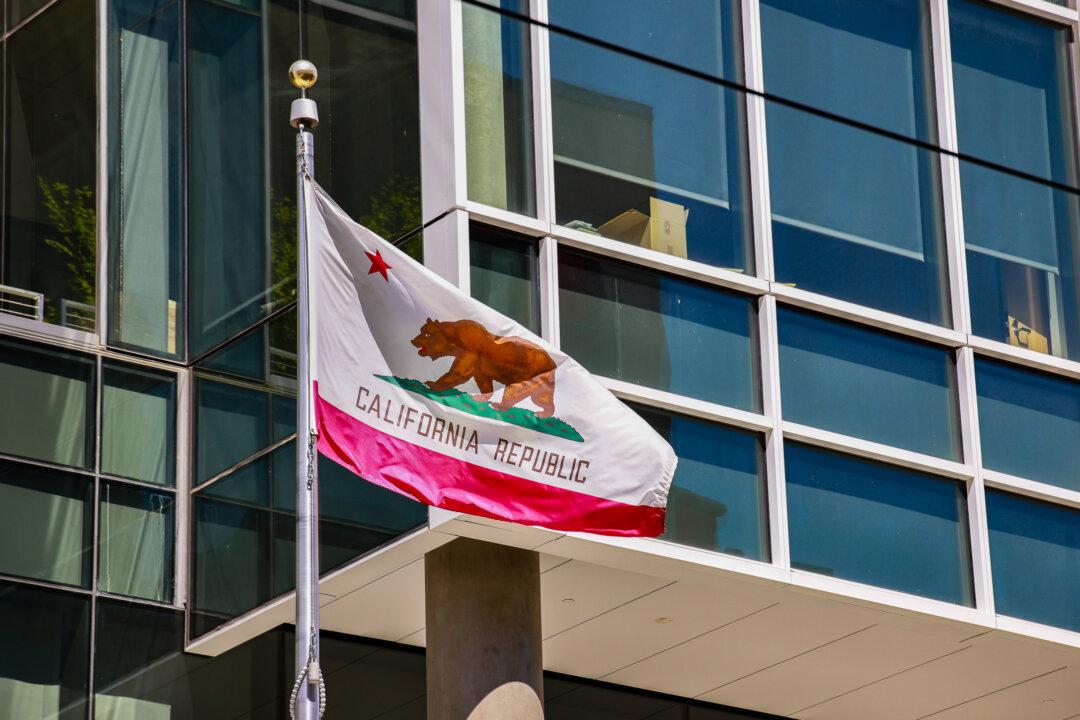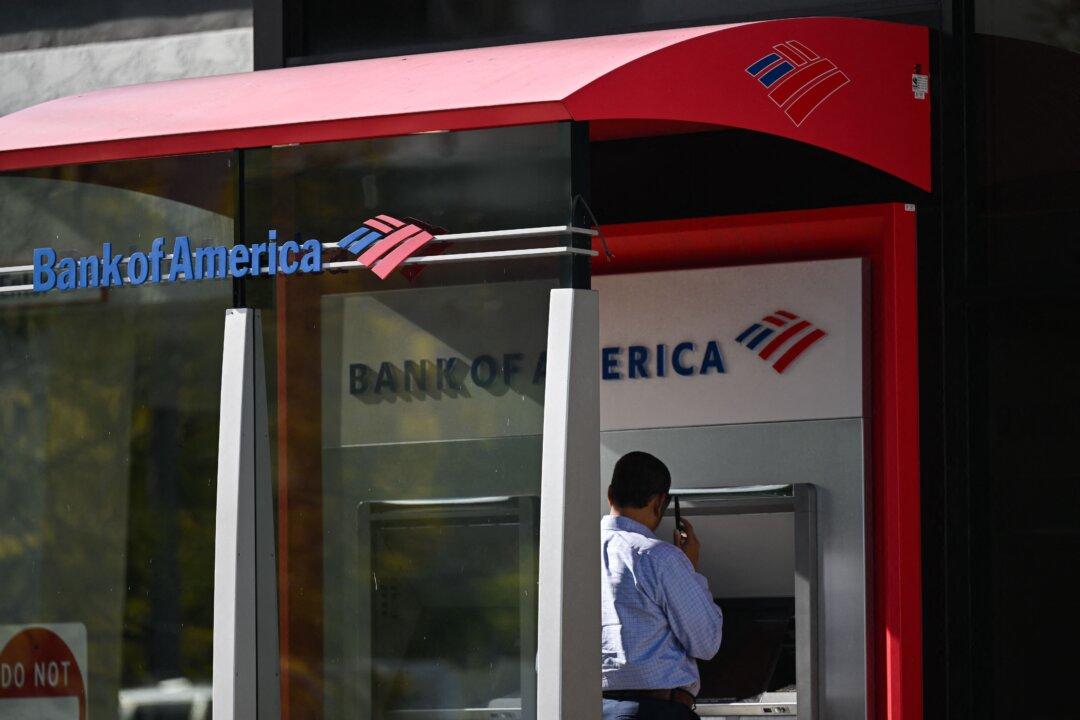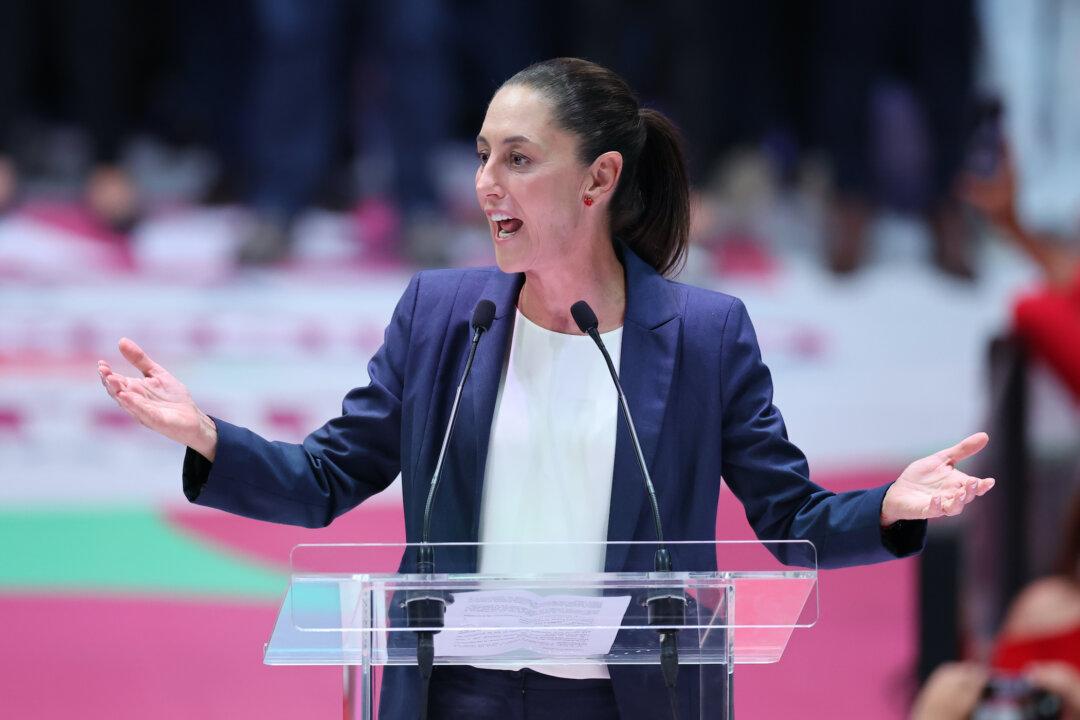Commentary
For Gov. Gavin Newsom and some members of the California Legislature, state taxes can never be high enough. That’s why they are trying to stop voters from deciding the fate of the Taxpayer Protection and Government Accountability Act. According to Secretary of State Shirley Weber, the act scored the required number of signatures and is eligible for the Nov. 5, 2024 ballot.





